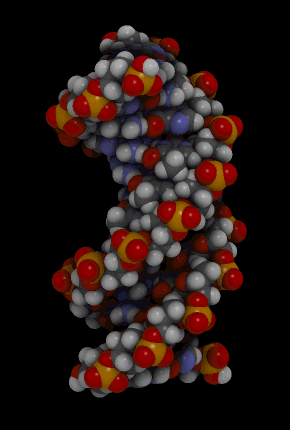In Other News
Women and Addictions

At a recent New York conference on Transcendental Meditation and its benefits in reducing addiction, recovering addicts, including Elizabeth Vargas of ABC TV’s 20/20, made supporting statements. They all told a similar story—they stopped using drugs or alcohol, but rehabilitation programs did nothing to address the anxiety they felt when they completed treatment. Unfortunately, overwhelming anxiety often causes people to relapse. The conference provided anecdotal and objective evidence that TM can help prevent and reduce addiction.
In many cases, anxiety is the initial reason many women begin abusing drugs or alcohol or develop eating, gambling or other addictions. Sometimes women are not capable of committing to a therapeutic program or deriving success from one, and many don’t complete their program. According to Joseph Califano, Jr., former Secretary of Health, Education, and Welfare and founder of the National Center on Addiction and Substance Abuse, “The therapeutic community claims a 30% success rate, but they only count people who complete the program. The other 70-80% have dropped out by the 3-6 month marker.”
Meta-analyses have found that the TM practice is significantly more effective in treating addictions than other meditations or relaxation approaches and other conventional programs, partially because it effectively reduces anxiety, stress and depression.
Scientific research on the TM practice shows a physical increase in the production of neurochemicals associated with happiness and fulfillment—including serotonin, dopamine, and gabaminobutyric acid. Increase in these neurotransmitters also reduces anxiety and autonomic arousal, decreasing a woman’s need for stimulation. An editor of the Kolmac Outpatient Recovery Center’s website wrote: “Meditation has been used for centuries to help reduce stress and promote psychological growth. Of the many types that exist, Transcendental Meditation is one that has the most scientific studies supporting its effectiveness in the treatment of substance use disorders.”
TM Can Change Gene Expression and Reduce Disease
Transcendental Meditation may reverse the damaging effects of stress and anxiety on the level of our DNA. A study recently published in Scientific American showed that mind-body “interventions” (MBIs) such as a regularly practiced stress-reducing meditation can reduce the link between stress and inflammation-related diseases and disorders.

When our body becomes stressed, our sympathetic nervous system shifts into survival mode, telling our body to increase the production of a molecule called Nuclear Factor kappa B (NF-kB). This molecule signals our genes to produce proteins called cytokines, which cause inflammation at a cellular level. When triggered continuously due to chronic stress, this can lead to serious health concerns such as cancer, stroke, heart disease, diabetes, stroke, accelerated aging, and even psychiatric disorders such as depression.
The researchers analyzed 18 studies featuring a total of 846 participants over 11 years. Lead researcher, Iyana Buric, explained, “These activities are leaving what we call a molecular signature in our cells, which reverses the effect that stress or anxiety would have on the body by changing how our genes are expressed. Put simply, the MBIs cause the brain to steer our DNA processes along a path which improves our wellbeing.”





